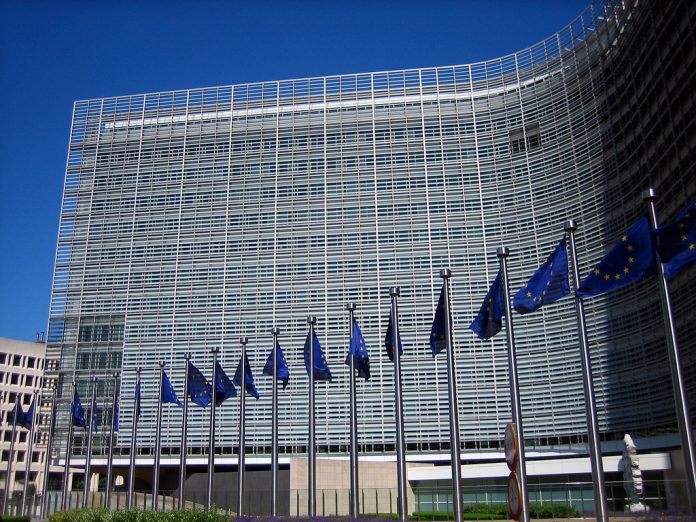Ahead of the European Council meeting on 13 and 14 December 2018, the Commission is taking stock of the encouraging progress made so far in the negotiations of the EU’s next long-term budget and urging Leaders to keep up the momentum.
The European Council meeting on 13-14 December is a crucial moment to consolidate the good progress already made and to provide direction on the key features of the future framework. The purpose of today’s Communication is to facilitate the discussions among Leaders.
On 2 May, the Commission put forward a proposal for a modern, balanced and fair budget to deliver on Europe’s priorities as set out by Leaders in Bratislava in 2016 and in Rome in 2017. That proposal was immediately followed by legislative proposals for the 37 sectoral programmes forming part of the future long-term budget. On that solid basis, the negotiations among Member States have been advancing at high speed under both the Bulgarian and the Austrian Presidencies of the Council.
“Leaders have agreed together on the Union‘s priorities. We need to ensure that those priorities are adequately funded in the next long-term budget so that they become reality. I am encouraged by the amount of progress reached so far. Based on this progress, it is now the moment for Leaders to provide the necessary political guidance which paves the way for rapid agreement on the next long-term budget,” European Commission President Jean-Claude Juncker.
“Thanks to the excellent work of the Bulgarian and Austrian Presidencies, unprecedented progress has already been made in negotiating the EU’s next long-term budget. In parallel, work in the European Parliament has also moved forward. Let’s keep this momentum and make further progress based on the political steer that the European Council will provide later this month,” added Commissioner in charge of Budget and Human Resources, Günther H. Oettinger.
Leaders should now provide political guidance with regard to the key features of the future long-term budget:
What Europe needs is a modern and balanced budget which is tightly geared to the Union’s priorities and offers tangible answers to the challenges of today and tomorrow. Therefore, the Commission proposes to modernise the budget by boosting funding in key areas including innovation, the digital economy, climate action and the environment, migration and border management and security, defence and external action. At the same time, Cohesion Policy and the Common Agricultural Policy will continue to play a vital role for Europe’s future. This proposal strikes the right balance between three broad areas of spending – agriculture and maritime policies, cohesion policy and other programmes vital for Europe’s future.
The next long-term budget should also be simpler and more transparent so stakeholders can make the most out of it. The European Parliament and the Council as well as beneficiaries, large and small, have asked for this – and the Commission has been listening and proposed a radically simplified budget.
Another essential feature of Europe’s next budget should be flexibility. For Europe to be able to react quickly, decisively and efficiently in a fast-changing world, we need a budget that is even more flexible than the one we have today. This is why flexibility is at the heart of the Commission’s proposals on the next long-term budget.
Finally, the post-2020 budget should also be a fair budget that can deliver, not only on the spending side but also in terms of how it is financed. With a size of around 1,11% of the gross national income of the future Union of 27, the Commission has put forward a budget that is both ambitious and realistic. A budget in which the same rules apply for everybody, and which is funded increasingly by sources directly linked to strategic European policies.
Achieving maximum progress on the future long-term budget by the time of the Sibiu Summit on 9 May 2019 would allow for a full and comprehensive agreement, including figures, in the European Council by October 2019 at the latest, in close collaboration with the European Parliament.
Adopting the next Multiannual Financial Framework by the end of 2019 will ensure that the new programmes will be up and running by 1 January 2021. This would create tens of thousands of research jobs already in 2021 and many more in the wider economy, it would make sure that over 100,000 Cohesion Policy projects start on time, enable 1,000,000 young people to benefit from an Erasmus exchange and allow 40,000 young people to engage in solidarity action across Europe in 2021. It would support start-ups and small and medium-sized companies to realise their investments, would significantly step up defence investments and capabilities and would help protecting the Union’s borders against trafficking, smuggling and fraud.

